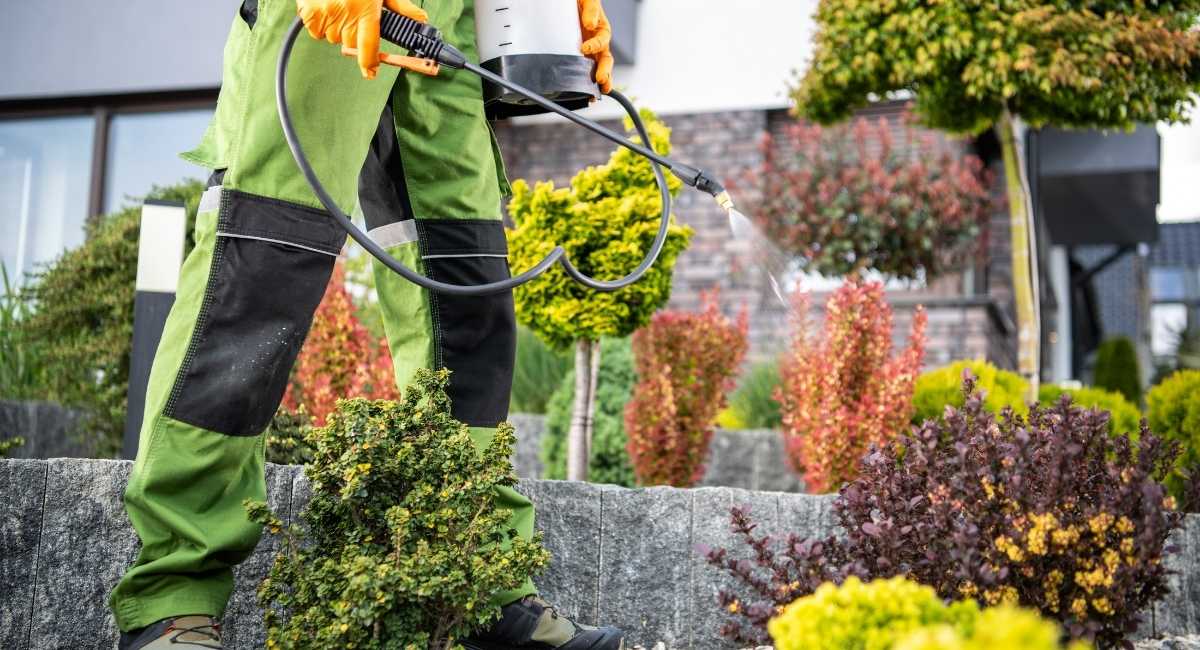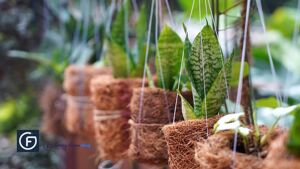Pests can wreak havoc on your garden and harm your plants, but using chemical pesticides can negatively affect the environment and even your health. Fortunately, you can use natural pest control methods that are safer and more sustainable. In this article, we’ll explore some of your garden’s best natural pest control methods.
1. Companion Planting
Companion planting is a natural way to control pests using symbiotic relationships between plants. Some plants repel pests, while others attract beneficial insects that eat the pests. For example, planting marigolds around your tomato plants can repel nematodes, while planting herbs like basil and cilantro can attract beneficial insects like ladybugs and lacewings that eat aphids.
2. Neem Oil
Neem oil is an organic pesticide obtained from the seeds of the neem tree. It disrupts the feeding and breeding patterns of pests, preventing them from reproducing and causing damage to your plants. Neem oil is effective against many pests, including aphids, whiteflies, and spider mites.
3. Homemade Insecticidal Soap
Insecticidal soap effectively and naturally controls soft-bodied pests like aphids, mealybugs, and spider mites. You can make your insecticidal soap by mixing a teaspoon of mild liquid with a quart of water. Subsequently, apply the mixture directly onto the pests, ensuring that the tops and undersides of the leaves are coated.
4. Diatomaceous Earth
Diatomaceous earth is an organic pesticide created from the fossilized remains of microscopic aquatic creatures known as diatoms. It works by dehydrating and drying out the exoskeletons of pests, causing them to die. Diatomaceous earth is effective against many pests, including slugs, snails, and ants.
5. Garlic Spray
Garlic is a natural insecticide that can repel many pests, including aphids, whiteflies, and cabbage loopers. You can make your garlic spray by blending several garlic cloves with water and straining the mixture. Then, spray the garlic solution on your plants, covering both sides of the leaves.
6. Sticky Traps
Sticky traps are an effective and natural way to control flying insects like whiteflies and fruit flies. You can purchase sticky traps or make your own by coating yellow or blue paper with a sticky substance like petroleum jelly. Hang the traps near your plants, and replace them when they become full.
7. Handpicking
Handpicking is a natural and effective way to control pests like slugs, snails, and caterpillars. Pick the pests off your plants and dispose of them in a bucket of soapy water. This method is time-consuming but effective, especially for small gardens.
Conclusion
Using natural pest control methods in your garden can help protect your plants and promote a healthier environment. Whether you use companion planting, neem oil, or homemade insecticidal soap, there are many natural ways to control pests without harmful chemicals. By adopting natural pest control methods, you can create a beautiful and healthy garden that thrives year after year.









